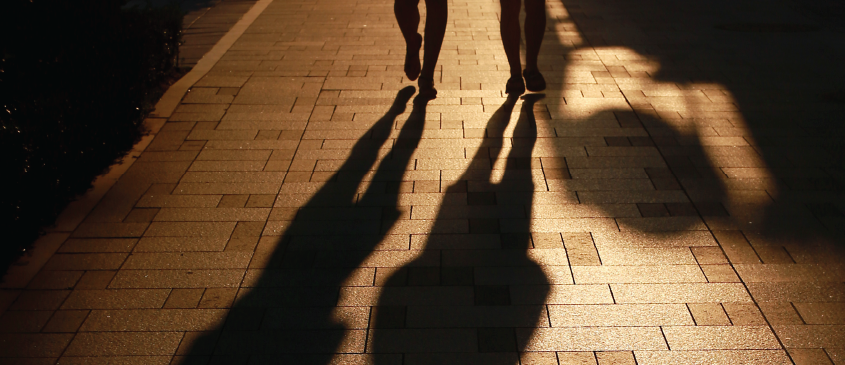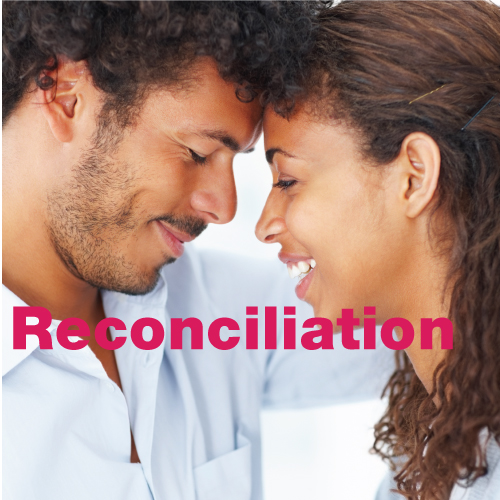Why is forgiveness so hard?

In this Year of Mercy, there’s lots of talk about forgiving: God’s expansive forgiveness and our own obligation to forgive others. We get it. It’s important. Incredibly so. But why is it so darn hard to do?
From our earliest experiences as children, we’ve been told how important it is to forgive. We also taught our own children the same. Whenever a spat happened, we lined them up and demanded, coached, or pleaded with them to say ‘sorry’ and ‘make up’. If the spat was significant, we’d spend time alone with them, validating their feelings of hurt, and cajoling them towards reconciliation.
Thankfully, as adults our kids are pretty good friends, but we’re not sure we can take the credit. As we work more with couples, and get more life experience under our own belt, we’re gaining better insight into why forgiveness is so elusive. Here are some of the reasons why people commonly resist forgiveness.
1: Forgiving feels like condoning.
We resist forgiveness because we think it is the same as saying a hurtful action was okay or that it was insignificant. When we are emotionally wounded, there is a deep need to have the pain acknowledged and validated. To let it go too easily, or without the other person understanding how they harmed us, offends our sense of justice.
It’s natural to want the other person to know how they hurt us, but it’s not always possible; for example, if they are emotionally incapable or in some cases have passed away. So we stay stuck. But the thing is, if it didn’t hurt, it wouldn’t need forgiving. To effectively overcome this barrier to forgiveness we need to recognise that forgiving doesn’t condone the wrongdoing, it disempowers it.
2: We confuse forgiveness with reconciliation.
Forgiveness and reconciliation are not the same. Forgiveness only requires me to be involved. It’s an individual process where we release our grievance against the other person. It’s more about internal healing than it is about reconciling with the other person. The other person doesn’t even need to know we’ve forgiven them.
Reconciliation, on the hand, does involve the other because it is about the restoration of the relationship. Effective reconciliation requires forgiveness, but forgiveness doesn’t have to be followed by reconciliation.
Remember that while reconciliation is important in some situations, it’s not the same as forgiveness and not a requirement for it.
3: We fear forgiveness means trusting the other person.
We sometimes hear people who have been betrayed by their spouse such as in an affair or secret addiction, say “I can’t forgive, because I can’t trust him (or her) not to do it again”. It’s a real fear, especially if the other is unrepentant or resisting professional intervention to deal with their problem.
In many cases, the person shouldn’t be trusted, at least not immediately. Trust needs to be re-established through consistent trustworthy behaviour and this sometimes takes years to do, especially if there are relapses.
However, that doesn’t mean that the injured person must remain enslaved by their injury. To effectively overcome this barrier to forgiveness we need to recognise that we can, and should, forgive even as we maintain appropriate trust boundaries.
A story
Forgiveness is hard, especially when these forgiveness misunderstandings play into our thinking. We remember talking with a husband who had been deeply wounded by his father, so much so that he had left home at 16 and had barely talked to him again. Decades later, he was still seething and his pain was impacting his marriage and his children.
While his father had been dead for years, he was still carrying the injury and living out his life from that place of pain. While he had all of these reasons, and others, for resisting forgiveness, he came to recognise that holding onto his resentment in an attempt to punish his dead father was pointless, and that it was causing him and his family real harm. In reality he was punishing himself, rather than his father.
His realisation was a great reminder of one of our favourite sayings about forgiveness: ‘Failing to forgive is like drinking poison and expecting the other person to get sick’. At the end of the day, forgiveness is a gift we give to ourselves as much as to the other.




